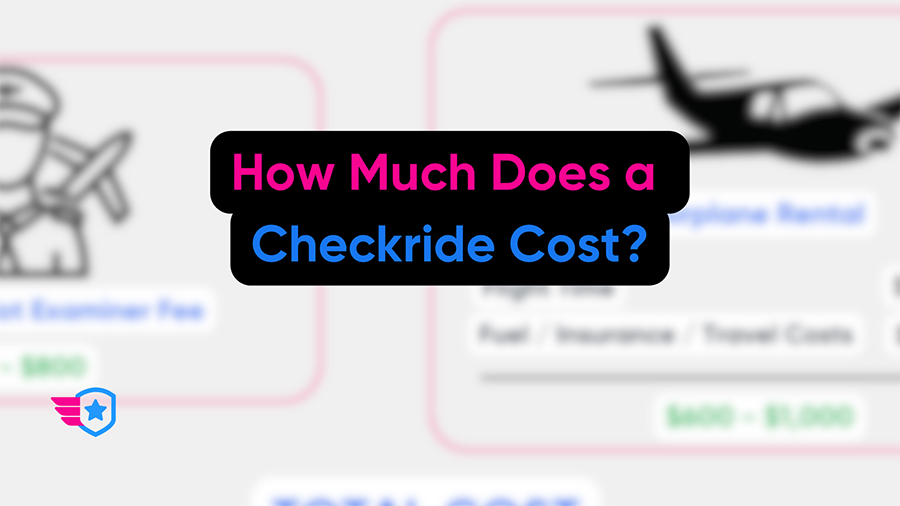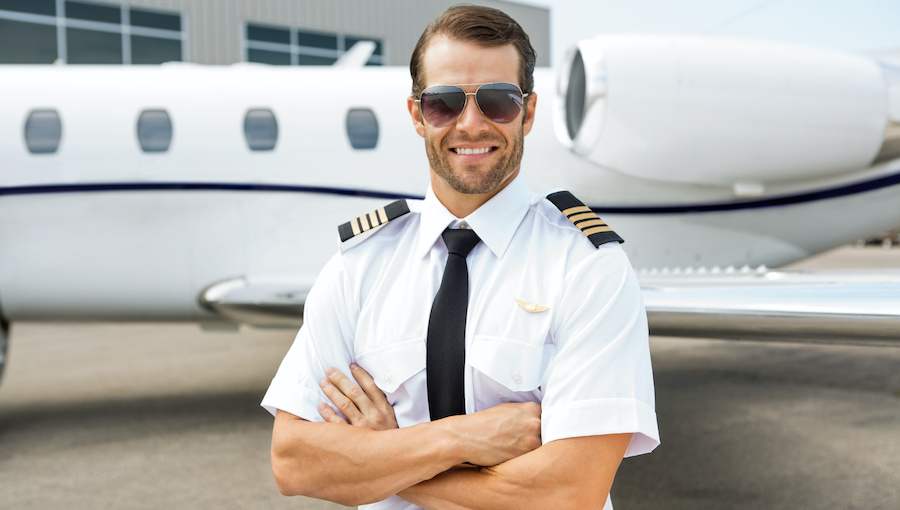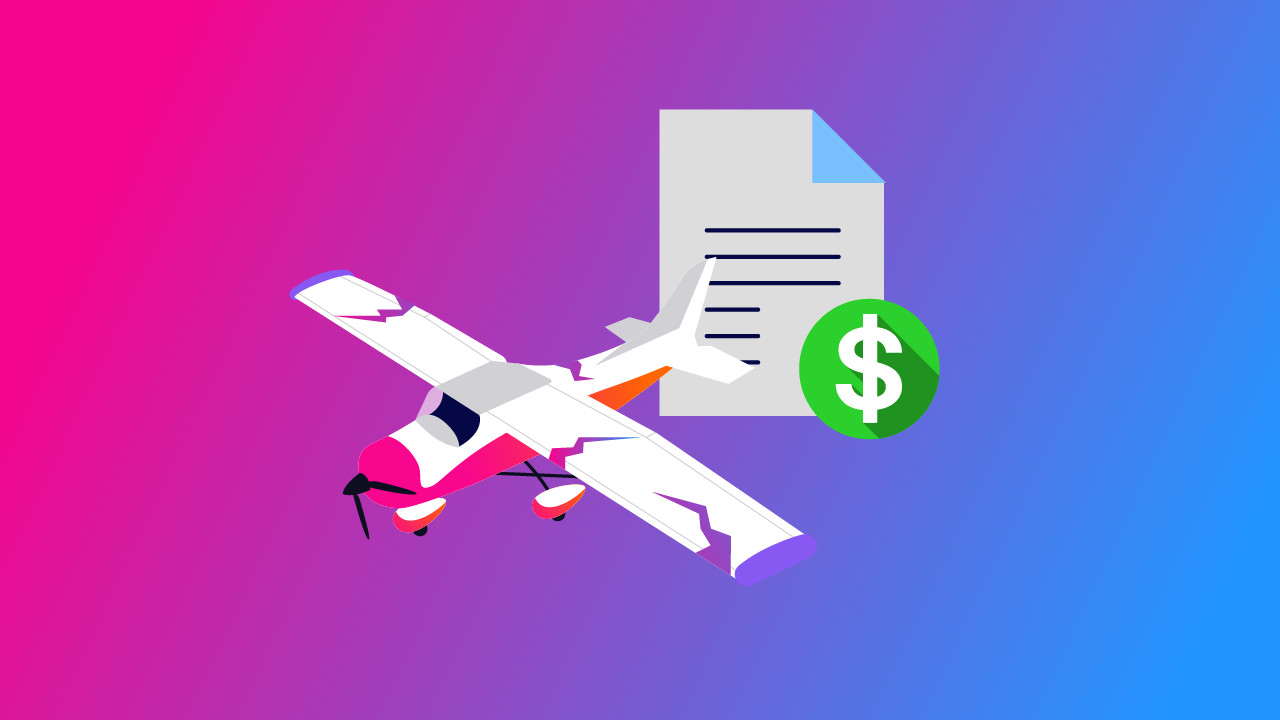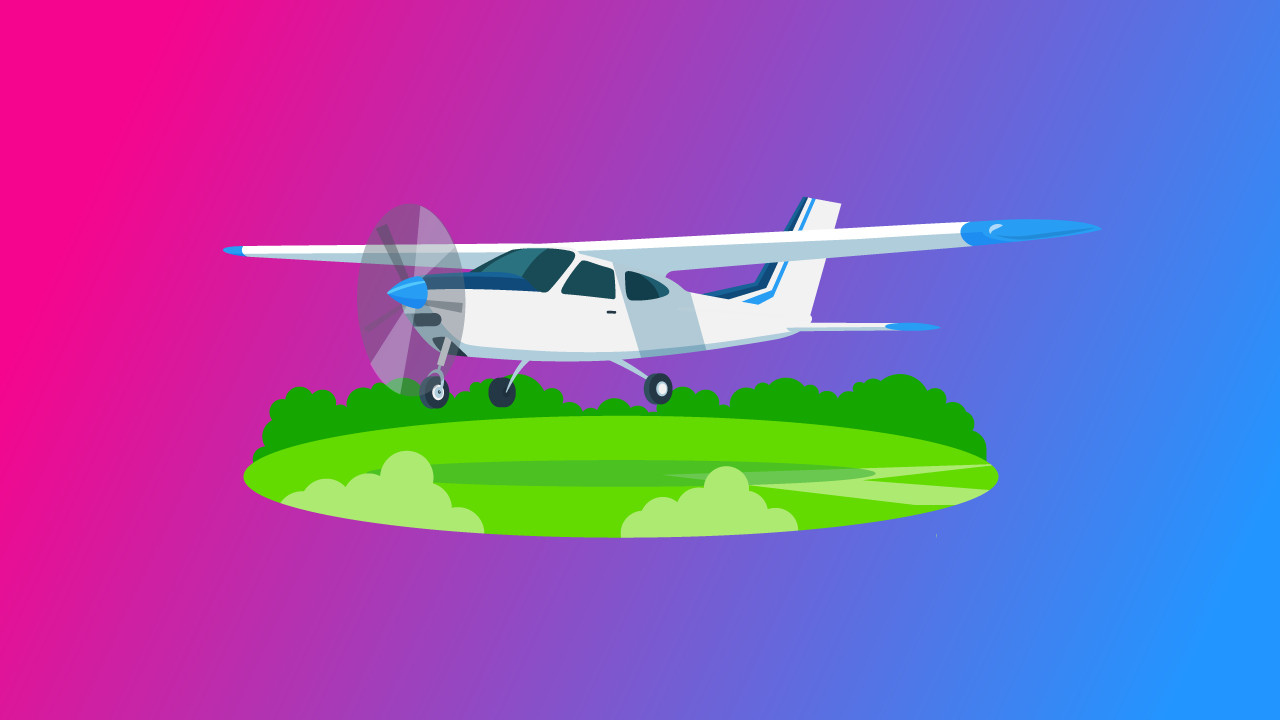The private pilot check-ride, the test that grants you your wings, is the ultimate milestone on your journey to becoming a pilot. But this thrilling challenge, where you get to show off your hard-earned skills, comes with a price tag.
But before we start, let’s get one thing clear: The costs aren’t set in stone, and they can vary quite a bit.
But don’t fret! We’re going to break down the costs so you have a clear idea of what to expect.
Average Checkride Cost
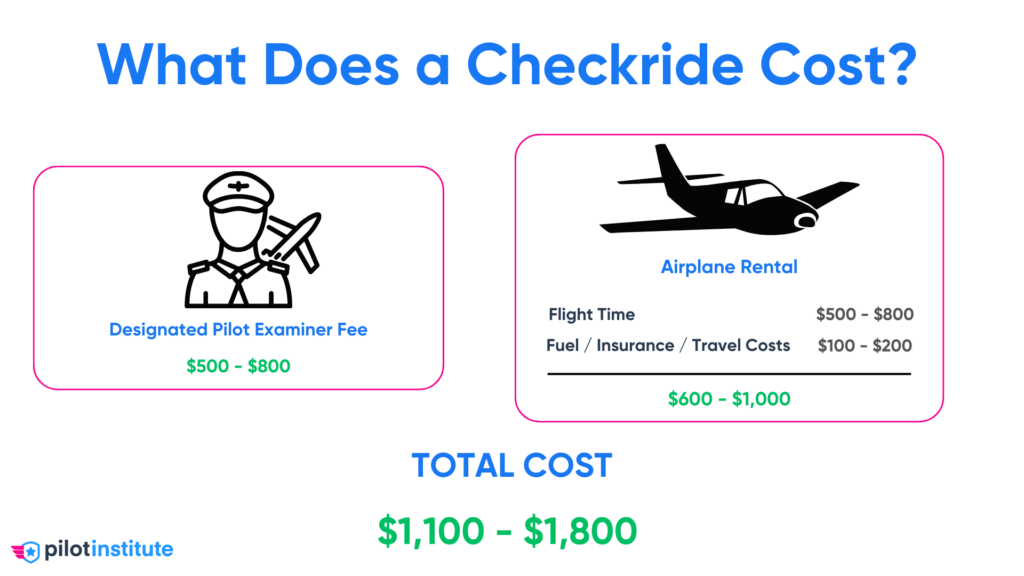
When it comes to the average cost of a check ride, let’s start with a broad perspective. Keep in mind that these are ballpark figures, and your mileage may vary.
First up is the examiner’s fee. This is the cost you pay directly to the examiner for their time to conduct the test. On average, this can run anywhere from $500 to $800. The exact cost depends on the examiner, the type of check-ride, and the region of the country.
Next, consider the aircraft rental. To take the check ride, you’ll need an aircraft. If you don’t own one (let’s face it, most of us don’t), you’ll be renting. Depending on the aircraft and the length of your check ride, this can cost between $100 to $200 per hour. Most check rides take about 1.5 to 2 hours of flight time, so you’re looking at $150 to $400 here.
Don’t forget about those miscellaneous expenses. This includes everything from fuel (if not included in your aircraft rental) to insurance and possibly travel costs if your examiner isn’t local. It’s hard to put a precise number on these, but budgeting an additional $100 to $200 would be a safe bet.
Adding it all up, the average total cost of a check ride typically falls between $750 to $1400.
Remember, these are just estimates, and the actual cost can vary based on a multitude of factors. But now, at least you have a rough idea of the financial commitment involved in this important step of your flight training journey.
Unexpected Expenses for Your Checkride
Now, let’s talk about the unexpected. Just like a surprise crosswind on the final, there are a few potential costs that might sneak up on you during the check-ride process.
First, consider the possibility of a retest. If you don’t pass a section of your check ride the first time, you’ll need to retake that part. Each retest will require an additional examiner’s fee and aircraft rental, not to mention any additional training or practice you might need.
Next, think about additional training. Even if you’ve met the minimum training hours, you might decide (or your instructor might recommend) some extra flight or ground instruction to really solidify your skills before the check ride. This extra time comes with additional costs.
Finally, let’s not forget about the weather. If bad weather rolls in on the day of your check ride, you may need to reschedule. This could potentially lead to additional aircraft rental and instructor costs, especially if you need to keep the aircraft longer or rebook a practice session before your new check-ride date.
While these costs can be frustrating, it’s essential to see them as part of the process. After all, the ultimate goal isn’t just to pass the check-ride, but to become a safe and competent pilot. So, when budgeting for your check ride, it’s a good idea to set aside some extra funds to cover these potential unexpected expenses. You’ll thank yourself later!
How to Save Money on Your Checkride
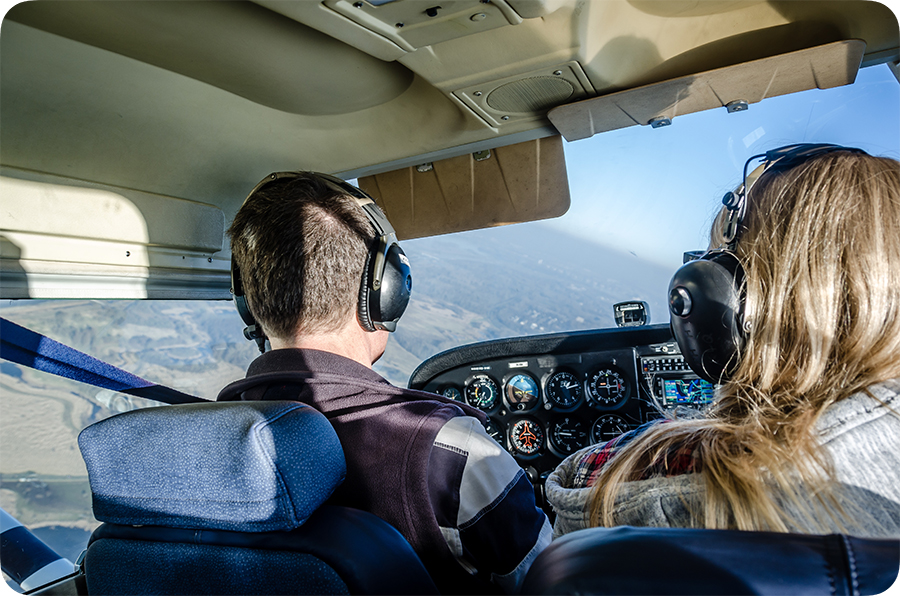
Ready for some good news? There are ways to trim the costs of your check-ride without cutting corners on safety or quality of training. Here are a few strategies to help you save some cash.
Prepare to Pass
First, preparation is key. The more prepared you are for your check-ride, the less likely you’ll need a retest or additional training. Make the most of your flight and ground training sessions, study diligently, and take the time to practice. Mock check rides with your instructor can be particularly useful to simulate the real experience and identify areas for improvement.
A good night’s sleep and a healthy meal can also go a long way in ensuring you perform your best. After all, a clear mind and a healthy body are your best assets in the cockpit!
Take the Checkride ASAP
Second, consider scheduling your check-ride as soon as you and your instructor feel you’re ready. Remember, the clock is ticking from the moment you complete your requirements for the private pilot certificate. If you delay your check-ride, you might need to spend more on additional training to keep your skills sharp.
Don’t Rent a Cheaper Airplane
Now, you might be tempted to rent a cheaper aircraft to save money. However, it’s crucial to use the same type of aircraft that you used during your training. The familiarity you have with your training aircraft can be a significant advantage during your check-ride. Don’t cut small costs and create big problems!
Use a Local Examiner
Try to find a local examiner if possible. This can help you avoid travel and accommodation expenses. However, don’t sacrifice the quality of the examiner for cost. It’s worth paying a bit more for an examiner with a good reputation.
These strategies won’t eliminate the costs of a checkride, but they can help you manage them more effectively!
Summary
There’s no getting around the fact that a checkride comes with various costs. These range from the examiner’s fee and aircraft rental to potential unexpected expenses and additional training costs. However, with careful planning and preparation, you can manage these costs effectively and even find ways to save.
Remember, while it’s essential to consider the costs, the value of earning your wings is priceless. The skills, knowledge, and experiences you gain during your training and checkride are invaluable assets that will serve you well throughout your aviation journey.
So, as you prepare for your checkride, keep these costs in mind, but also remember why you’re doing this. The thrill of flight, the freedom of the skies, and the achievement of earning your pilot’s license are worth every penny.
And when you pass, you won’t have to pay an expensive instructor to fly with you anymore!
